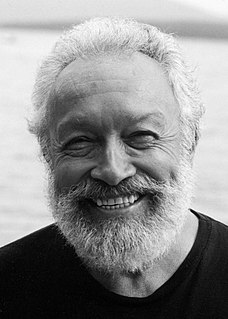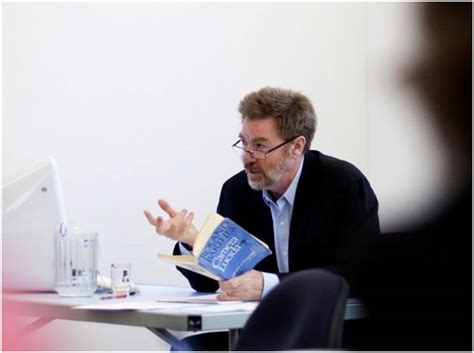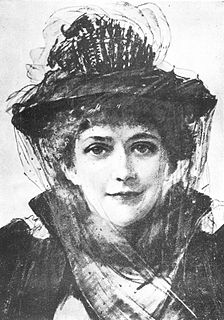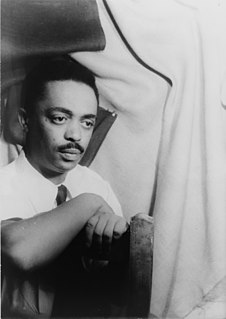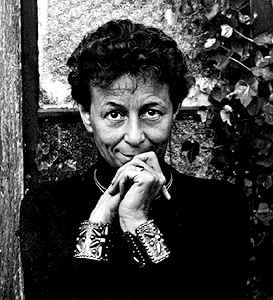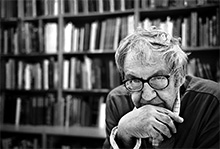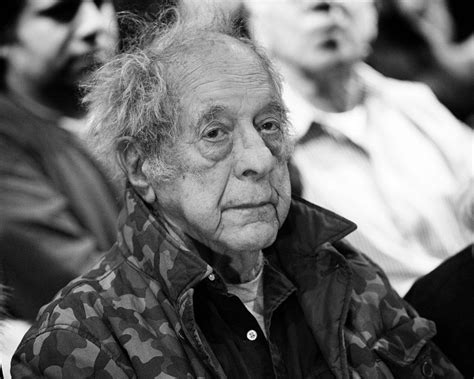A Quote by Harold Feinstein
You must photograph where you are involved; where you are overwhelmed by what you see before you.
Quote Topics
Related Quotes
You must photograph where you are involved; where you are overwhelmed by what you see before you; where you hold your breath while releasing the shutter, not because you are afraid of jarring the camera, but because you are seeing with your guts wide open to the sweet pain of an image that is part of your life.
If you look at a photograph, and you think, 'My isn't that a beautiful photograph,' and you go on to the next one, or 'Isn't that nice light?' so what? I mean what does it do to you or what's the real value in the long run? What do you walk away from it with? I mean, I'd much rather show you a photograph that makes demands on you, that you might become involved in on your own terms or be perplexed by.
Before the eyes can see, they must be incapable of tears. Before the ear can hear, it must have lost its sensitiveness. Before the voice can speak in the presence of the Masters, it must have lost the power to wound. Before the soul can stand in the presence of the Masters, its feet must be washed in the blood of the heart.
The minute you start saying something, 'Ah, how beautiful! We must photograph it!' you are already close to view of the person who thinks that everything that is not photographed is lost, as if it had never existed, and that therefore, in order really to live, you must photograph as much as you can, and to photograph as much as you can you must either live in the most photographable way possible, or else consider photographable every moment of your life. The first course leads to stupidity; the second to madness.
This is a photograph, so it is as you see: there are no lies and no deceptions. One can detect here, elevated to an incomparably higher level, the same pathetic emotional appeal that lies concealed in every fake spiritualist photograph, every pornographic photograph; one comes to suspect that the strange, disturbing emotional appeal of the photographic art consists solely in that same repeated refrain: this is a true ghost... this is a photograph, so it is as you see: there are no lies, no deceptions.
A photograph never grows old. You and I change, people change all through the months and years but a photograph always remains the same. How nice to look at a photograph of mother or father taken many years ago. You see them as you remember them. But as people live on, they change completely. That is why I think a photograph can be kind.
Any photograph has multiple meanings: indeed, to see something in the form of a photograph is to encounter a potential object of fascination. The ultimate wisdom of the photographic image is to say: “There is the surface. Now think – or rather feel, intuit – what is beyond it, what the reality must be like if it looks this way.’ Photographs, which cannot themselves explain anything, are inexhaustible invitations to deduction, speculation, and fantasy
I think I’ve said this before many times—that photography allows you to learn to look and see. You begin to see things you had never paid any attention to. And as you photograph, one of the benefits is that the world becomes a much richer, juicier, visual place. Sometimes it is almost unbearable — it is too interesting. And it isn’t always just the photos you take that matters. It is looking at the world and seeing things that you never photograph that could be photographs if you had the energy to keep taking pictures every second of your life.
How foolish of me to believe that it would be that easy. I had confused the appearance of trees and automobiles, and people with a reality itself, and believed that a photograph of these appearances to be a photograph of it. It is a melancholy truth that I will never be able to photograph it and can only fail. I am a reflection photographing other reflections within a reflection. To photograph reality is to photograph nothing.
